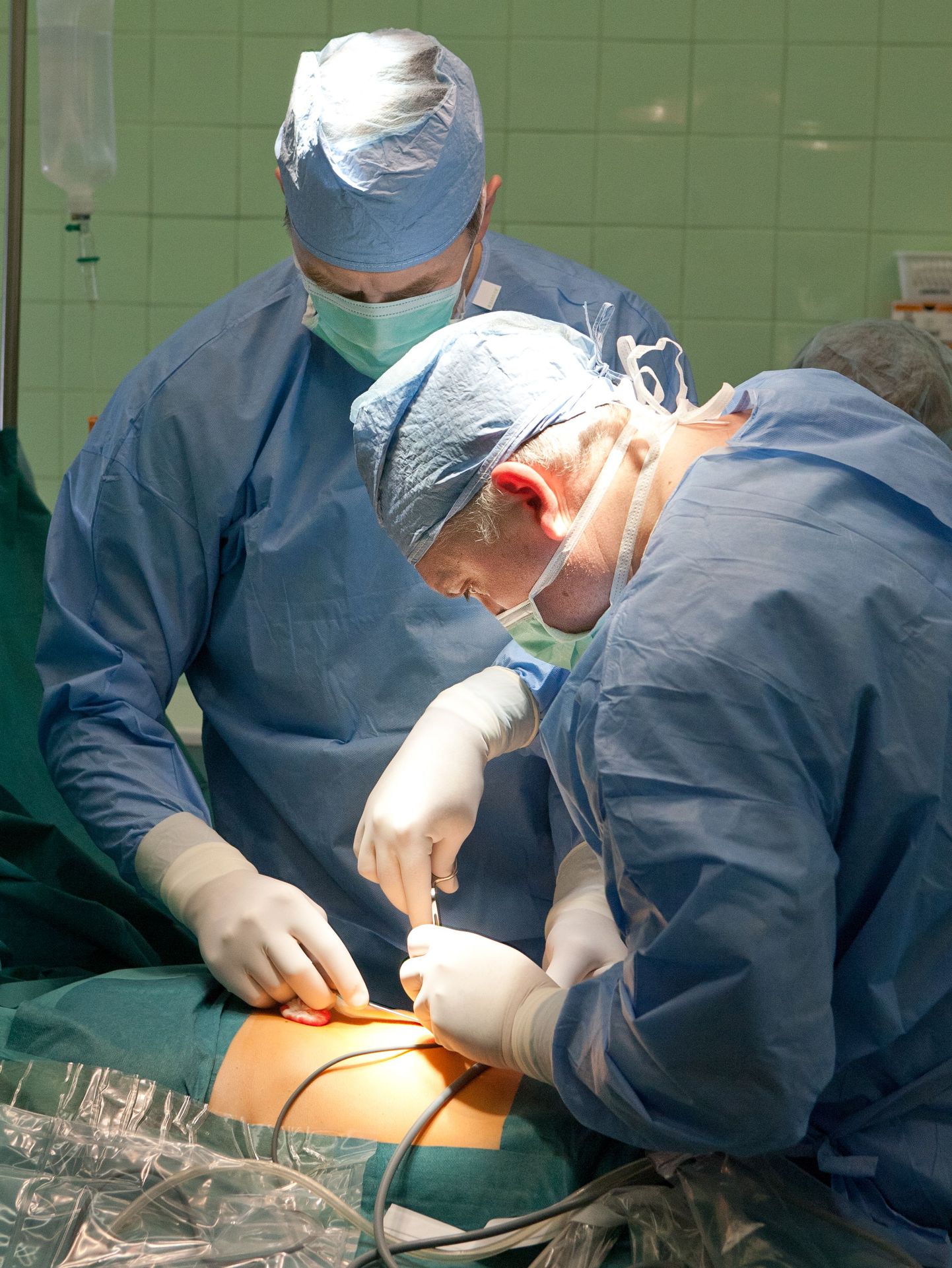
With cross-border movements of patients spreading to domestic choice flexibility, people can jump treatment queues in both Estonia and Latvia.

With cross-border movements of patients spreading to domestic choice flexibility, people can jump treatment queues in both Estonia and Latvia.
As European treatment market opens up in the fall, opportunities arise for getting surgery – for starters, on knee and hip joints only – before one’s turn comes around; paid with own money, afterwards compensated by Health Insurance Fund.
Starting October 25th, it is possible to travel to another EU state for paid treatment, with native country’s health insurance paying up. Meaning: having, let us say, a hip replaced in Latvia or Germany, the entire bill must be paid initially, from own pocket. In half a year, however, Estonian Health Insurance Fund will recompense the surgery money according to its price list. In Latvia’s case, this will mean free surgery; with a more expensive surgery had in Germany, the difference in price is to be paid by the patient.
Options within Estonia
Herewith, an unfair situation is created, as those with money may jump waiting lists and get operated on along the «fast line».
Since start of July, patient Act prepared in Ministry of Social Affairs has gotten an extra amendment, allowing, in specialties decreed by minister, to apply the cross-border options domestically, within own borders.
According to Ivi Normet, vice chancellor for health care at social ministry, the proposal was forwarded by private clinics association. «Patients might be granted the option to turn to a health service provider of his own choice, within Estonia, pay for it and afterwards be compensated pursuant to European Commission and Council directive, according to Health Fund price list,» said Ms Normet.
She specified that this would only be the option of those who pay up first and thereafter apply for Health Insurance compensation. According to social minister Taavi Rõivas, initial experiment will be carried out with a couple of specialties – in all probability, with knee and hip replacement surgeries.
According to Andrus Loog, board member of private health institutions’ union, excluding such an option would damage both Estonian private hospitals and state hospitals, as part of health insurance money would be moving out of the country, for instance into Latvian health care.
Mr Loog added that the original proposal was much bulkier. «We desired the amendment to apply to the totality of treatment, not just some single specialties,» said he.
«Latvia has quite good orthopaedic clinics with lower surgery prices; therefore, instead of waiting in lines locally, South Estonian patients may favour clinics in Riga, as they may afterward claim back all of the money paid,» said Mr Loog.
Mr Loog says it is not clear yet how aggressively Latvian and Lithuanian health care institutions will enter Estonia as the market opens up. «Already now, Latvians are seeking patients from Estonia,» said he. «Obviously, health institutions’ competitions heats up as the market swings open.»
According to Mr Loog, those joining health insurance have up to now been treated unfairly in Estonia; the amendment would right the wrong.
Up to now, paid treatment was affordable to patients with higher income, whose wages fill state coffers with more social tax money.
«For them, it is important not to have to spend months in waiting lines, to get well quicker. They do say, however, that they spend years funding the health insurance – but when trouble hits, they get no help and will still have to pay,» said Mr Loog.
Should the amendment be approved by Riigikogu, in the autumn, these people would get the chance to claim at least part of the money back, afterwards, from Health Insurance Fund.
Mr Loog added this would be to the benefit of all working people, who cannot, for the time being, pay for faster treatment.
Interest costs remain
Already now, private clinics in cooperation with banks, or on their own, allow treatment be «leased», so to say.
As it is, patients will in time pay for treatment in full. However, should the EU free patient movement also apply domestically, patients would only have to pay interests.
«Yearly leasing interests of a €1,000 surgery, for instance, might be 16 per cent. If a person knows that, in three months time, he will be able to pay back €1,000 thanks to Health Insurance compensation, interest costs will add up to be about €40. Also, he has been able to return to work three months sooner, earning full wages instead of temporary incapacity benefit,» said Mr Loog. «Also paying full taxes.»
The impact of free domestic and pan-European patient movements on health insurance budget remains, however, to be seen.